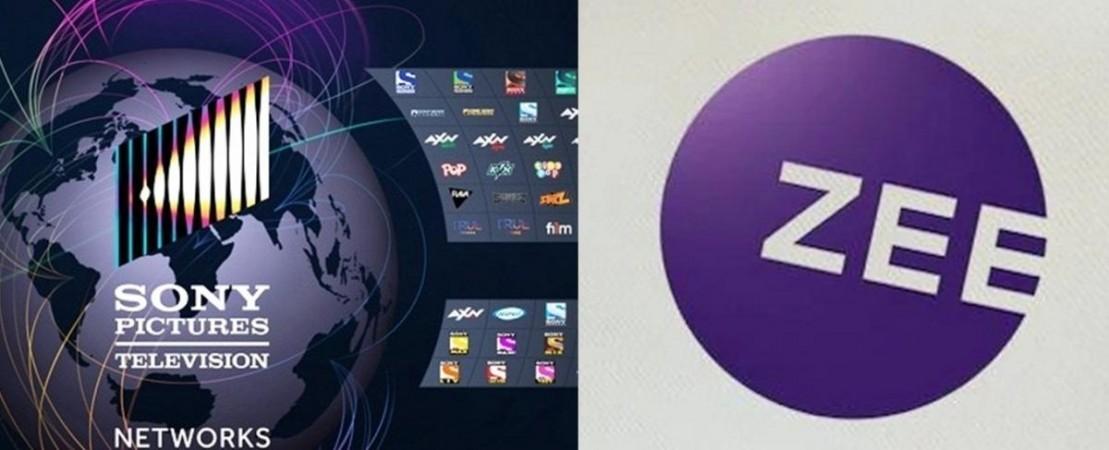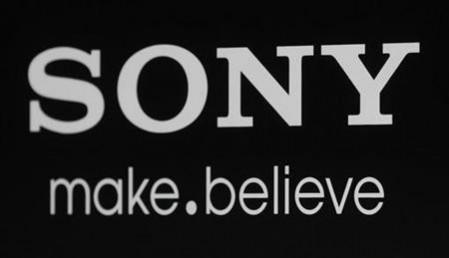India's three prime television broadcasters Zee Entertainment, Star, and Sony have gone off the cable network due to the pricing issues after the implementation of the New Tariff Order 3.0.
This new move has disrupted the Indian media landscape and is expected to affect nearly 45 million consumers of cable TV operators.
The Telecom Regulatory Authority of India (Trai) had restored the maximum retail price (MRP) of a TV channel to be a part of a bouquet in the last November. With its order, the television channel prices in the bouquet rose by about 10-15 per cent.

The NTO 3.0, which was implemented on February 1 with the price increased in the range of 10-25 per cent, had led to disputes between media companies and local cable operators, and resulted into many channels being taken off the air due to pricing disagreements.
The All India Digital Cable Federation (AIDCF) on Saturday said that its members are not signing the new agreements as a mark of protest against unreasonable pricing by the broadcasters.
Meanwhile, in a statement, the Indian Broadcasting and Digital Foundation (IBDF) said that some cable operators did not sign fresh agreements forcing them to disconnect their services after serving due notice.
IBDF said, "Under the new pricing regime, the subscriber has the flexibility of choice on whether to pick one channel or a bouquet of channels. The maximum monthly subscription fee for a channel to be included in bouquet is INR 19/- which is significantly lesser than the price of essentials in the country."

The attempt to invoke consumer sentiment on the price increase is belied by their attempt to increase that portion of the consumer bill, it added.
The AIDCF's claim that broadcasters are driving up TV channel prices and that 45 million households have been impacted by channel disruption is completely false, said the IBDF. "Having not been granted any interim relief in multiple High Courts, the AIDCF is seeking to invoke public sympathy through a false narrative," it said.















